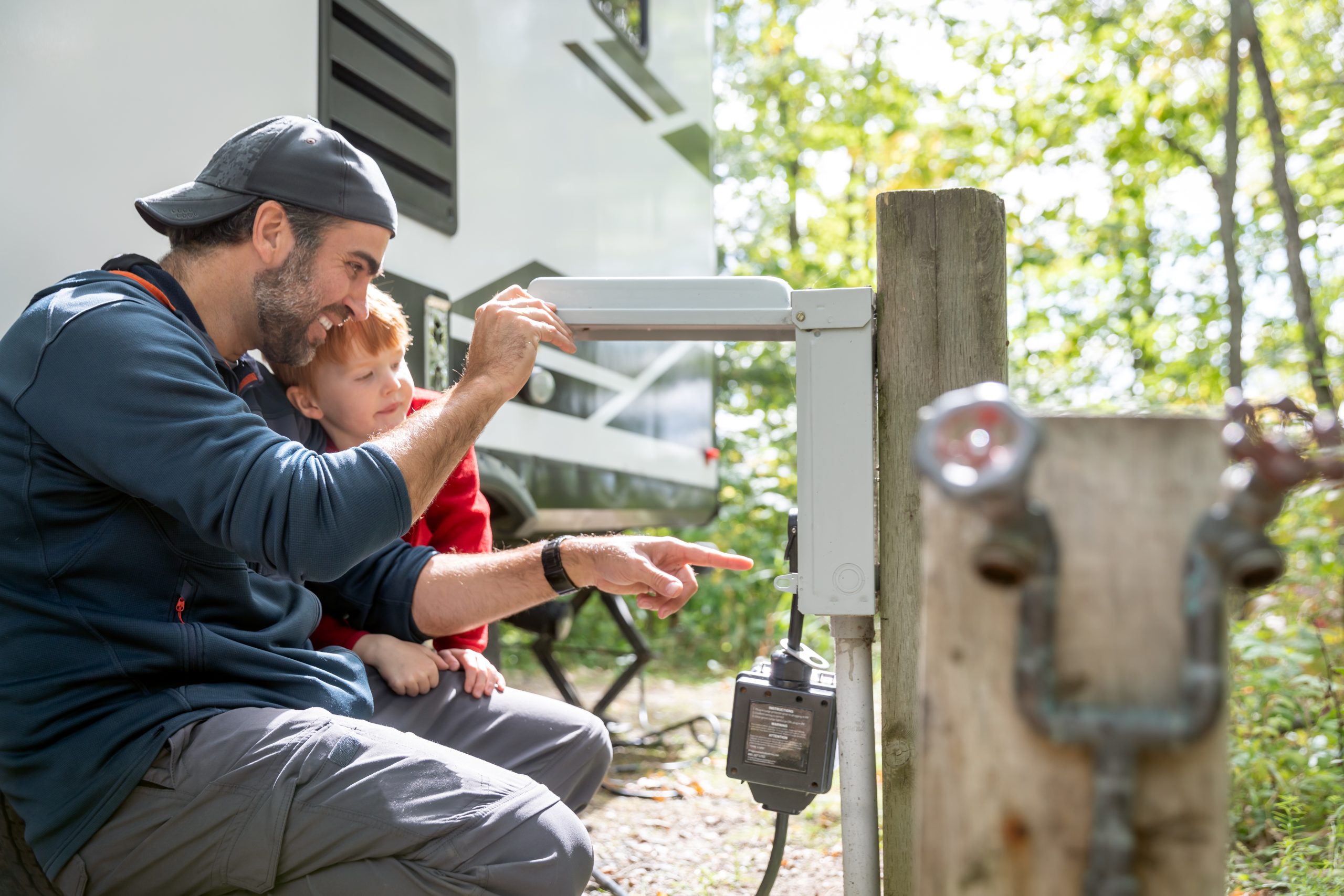Whether it’s your workshop, a storage facility, or simply the place your car spends the night, a garage is a favorite feature of many homes. Garages have come a long way from the shed-like buildings of a couple generations ago.
How Indiana homeowners use electricity in the garage creates a different set of safety concerns, says Rick Coons, CEO at Indiana Electric Cooperatives. “From automatic garage doors to powering tools, safe and reliable electricity is important for garages.”
To protect yourself and your investment in your home and garage, Coons suggests taking a closer look at these aspects of garage safety:
- Power outlets in garages should have ground-fault circuit interrupters (GFCI). Test them once a month to ensure that you are properly protected.
- Don’t place or stack flammable objects next to wires or outlets.
- Large appliances such as refrigerators and freezers should be on dedicated circuits.
- Garage door openers should be hard-wired instead of connected by extension cords.
- Never bypass safety features such as electric eyes on garage door openers.
- Do not use extension cords in place of permanent wiring for power tools and appliances. Instead, install new wall outlets.
- Installing extra lighting in areas where you perform tasks (such as above workbenches) will make work safer and more comfortable.
- If you use a portable generator in the garage, be sure to provide ventilation for its exhaust. That way, fumes will not flow into your home or affect you while you’re working in the garage.
“Keep in mind that garages are often not as well-insulated as houses, and they tend to receive more exposure to Indiana’s varying weather,” Coons notes. “That can put extra strain on electric cords and appliances, so be sure to check them regularly to ensure that they are functioning safely.”
SOURCES: About.com, All Phase Electrical (St. Louis), GarageTek.com, King Electric (Pittsburgh), Safe Home Institute.




